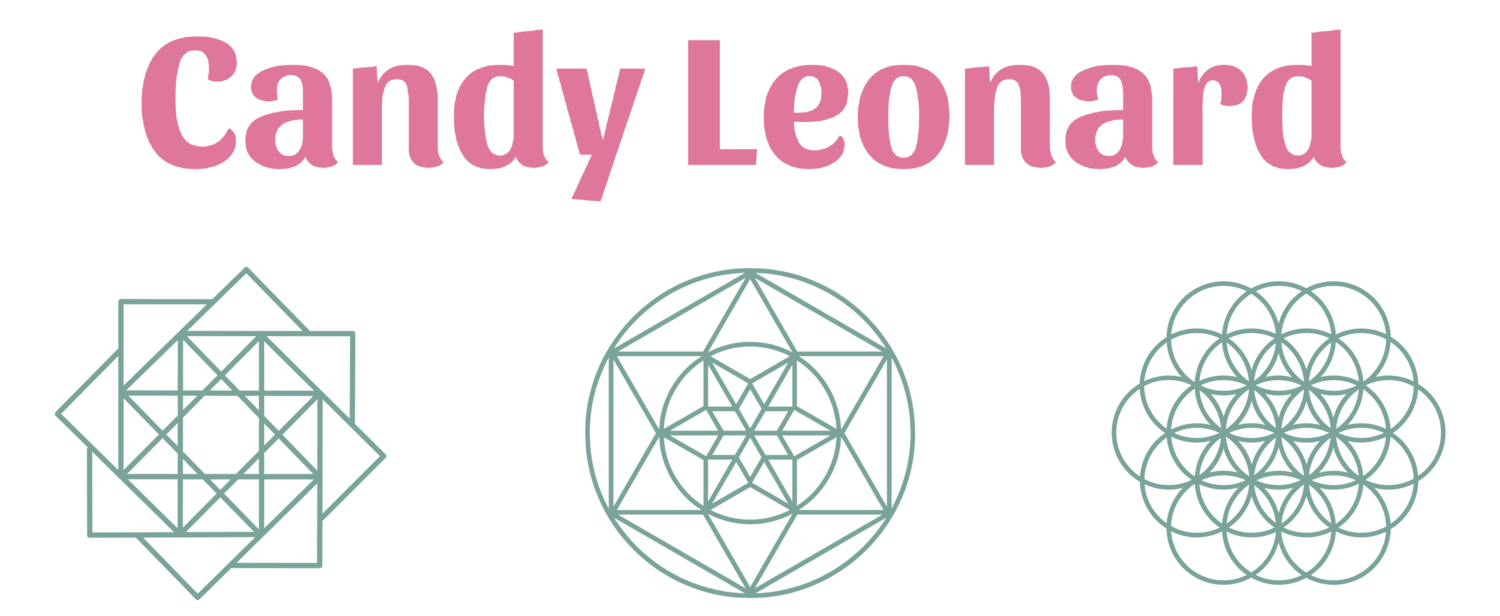The Beatles Break Up: Loss of a Comforting Presence
BEATLENESS EXCERPT: With the best of intentions, Paul had been trying to keep the band together and busy since Brian Epstein died, but the Beatle box could no longer contain these four individuals who had grown up and apart. Creative differences morphed into interpersonal conflicts, and despite all the underlying affection it was getting increasingly contentious.
While John and Yoko were talking about peace with anyone who would listen, Paul was in Scotland, depressed and on the verge of a nervous breakdown. The wrangling had left him especially isolated, and the simultaneous loss of his best friend, collaborator, and band was overwhelming. With Linda’s love and encouragement, he assessed the situation, stopped sulking, realized he was Paul McCartney, and produced a solo album. John and George were collaborating with others, as they had when they first started. And Paul was doing it on his own, as when he first started.
When Paul learned that George and John asked Phil Spector to work on the Get Back sessions without consulting him, he was, understandably, livid. Adding insult to injury, he was under pressure from Apple to delay the release of McCartney so as not to conflict with the release of the long-awaited Let It Be, which now disgusted him.
McCartney got his way on the release date—a minor victory in a cold war that had been going on for two years. But after resentfully acquiescing to Yoko’s presence in the studio, the Spectorization of Let It Be was a professional and personal affront of great magnitude. Spector’s treatment of “The Long and Winding Road” was especially galling to Paul, and his reaction was cumulative, immediate, and extreme.
In a petulant, mock-interview style press release included with promotional copies of McCartney, Paul announced he has left the Beatles because of “personal differences, business differences, musical differences—but most of all because I have a better time with my family.”
About John and Yoko’s peace activities, he said he loves John and respects what he does, adding, ambiguously, “it doesn’t give me any pleasure.” Asked if he foresees writing songs with John in the future, he simply says, “No.” Asked if his break with the Beatles is temporary or permanent, he says he doesn’t know. The final question in the mock-interview was about his immediate plans, to which he responded, “My only plan is to grow up.” The story of Paul quitting the Beatles was in every major newspaper the following day, interpreted as “the Beatles broke up.”
Many fans remember “a deep sense of loss,” at the “very sad news” and “couldn’t imagine a world where there was no new Beatle album coming out.” The word they used most often was “devastated,” like “a friend had died.” A female fan, age fifteen at the time, remembers the day vividly: “It was my mother’s fortieth birthday party that day; I was devastated, like someone died. I sat in my room and cried. I was heartbroken.”
Another female fan, also fifteen at the time, said, “it was like your parents getting divorced; you were never alone in the house and always felt safe, then one day they break up and you’re devastated.” Beyond the fact of the breakup itself, several were “upset that everyone blamed Paul,” and many thought it was especially sad because “this tight group of friends weren’t a tight group of friends anymore.”
While many said it was “like losing a family member,” others took it more in stride, especially if they saw it coming. A male fan, age twenty-one at the time, remembers, “I was in college; my roommates and I saw an item about it in the paper and they were all upset and thought Yoko broke them up. I didn’t have any angst over it.”
Another male fan, age nineteen at the time, said, “I remember people were upset about it. But really, I was just thinking about trying to get laid and smoking some weed. I loved them, but I wasn’t going to mourn the songs I can’t imagine or that would never be.”
Fans’ negative reaction to the Beatle breakup was, for many, not about music that would never be created or heard but about losing the comforting presence of these “friendly-faced adults” who had provided them with multifaceted intellectual, emotional, and aesthetic experiences they had come to rely on and which nurtured them in a unique way for six years. As one male fan (b. ’55) put it, “I was waiting for the next thing from them since I was nine years old.”



